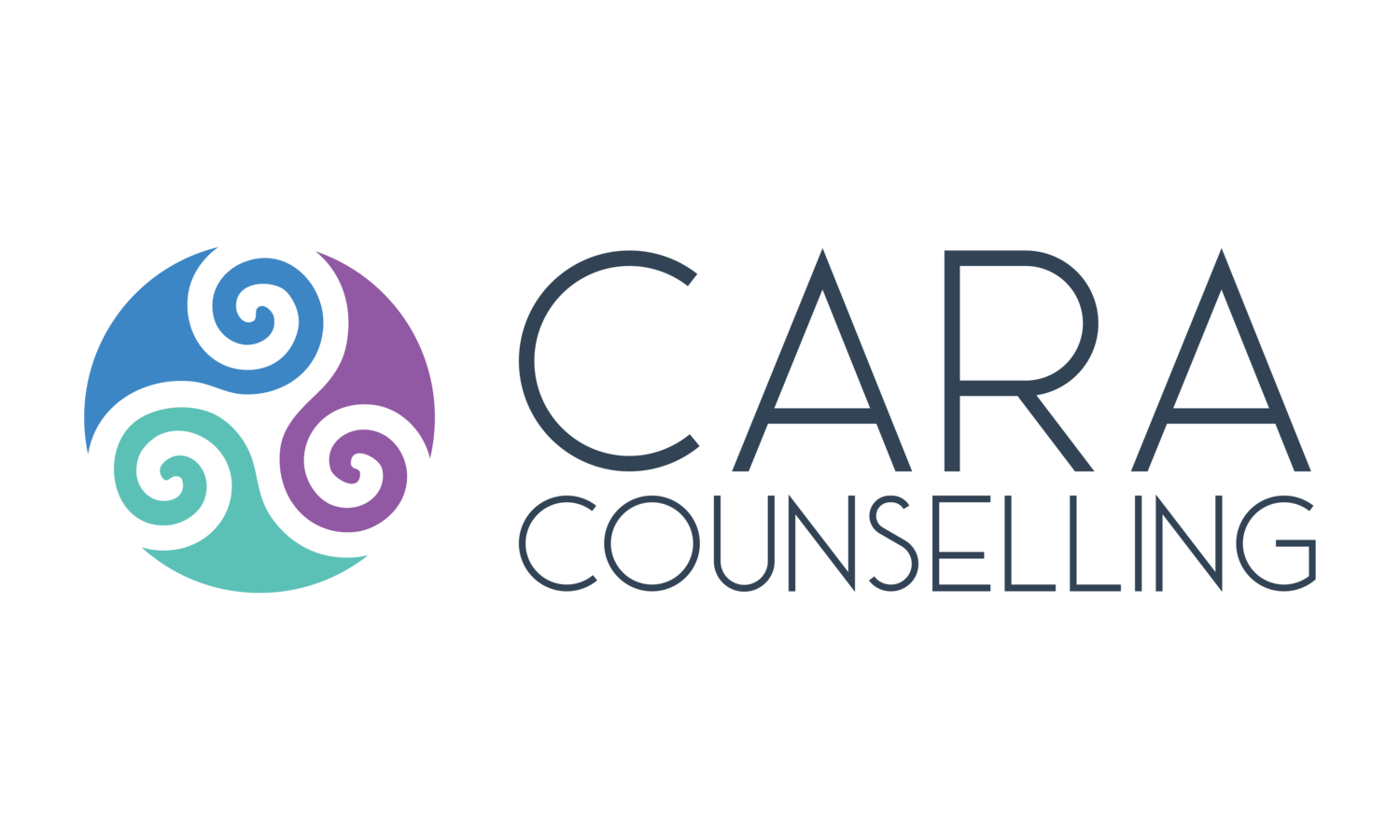Is Walk And Talk Counselling the Option Blokes have Been Waiting for?
As I’m finishing up this blog, it’s halfway through Queensland Mental Health Week, and I’ve been offering free walk and talk counselling sessions throughout the week to mark the occasion. I love this opportunity to meet new people and introduce them to counselling in our wonderful backyard here in north Brisbane. While I do offer traditional room-based and online counselling and coaching, I recognise that counselling isn’t a ‘one size fits all’ service, and that different things work for different people. Something I’ve noticed this week is that a high proportion of walk and talk enquires have been from men, or from people concerned about their male partners and wondering if outdoor therapy would be a good fit for them.
Why walk and talk counselling?
I’m finding it really encouraging that men who are struggling at the moment are taking steps to support their mental health and wellbeing as, statistically, men in Australia are far less likely to seek support with their mental health and wellbeing than women, even though the overall incidence of mental health concerns across the demographics is fairly similar (Source: Australian Bureau of Statistics.) Stereotypical ideals prevail, positing that men should be strong and resilient; that they should carry the burden of supporting their loved ones and keep it together under pressure. It’s an ideal that’s impossible to live up to, but sadly many men continue to suffer in silence, turn to anger, drugs and alcohol, self-harm, or suicide.
So what holds a man back from seeking counselling?
Many men just aren’t practiced in the art of asking for help. A study by the Australian Institute of Family Studies found that while more than 80% of the adult male participants who had experienced depression, anxiety or suicidal thoughts had spoken to their GPs, less than 40% had followed up by seeking help from a mental health professional.
Men can feel a stigma about walking into a counsellor’s office, and often, it’s a gentle nudge from someone else – usually a concerned friend or partner - that finally gets them there. Unfortunately, men can find it awkward to sit in a chair talking about their problems, and if they aren’t able to relax, they are less likely find the experience positive or beneficial.
Walk and talk counselling feels more like “doing” something. It’s practical, active, and connects the mind and body in a positive way rather than passively sitting still and being distracted by thoughts of things you feel you should be doing instead. Also just switching from face to face, to walking alongside, takes away a degree of the awkwardness that many people (not solely men) can feel sitting across from someone and talking about things that are painful for them.
Actively seeking help
While going on a walk and talk with me is more of a stroll than a hike, we still generally cover four to five kilometres on average, so there is movement and a bit of exercise involved, and exercise is a great mood booster. When we exercise, natural chemicals called endorphins – a feel-good chemical – are released into our brain. People report a higher level of vitality, enthusiasm, and self-esteem and a lower level of tension, depression and fatigue after they have walked outside. For example, this study, published in 2019 found that people who spent two hours a week in green spaces were substantially more likely to report good health and psychological well-being than those who don’t. This makes the walk and talk counselling model even more advantageous.
Finding time
Just as making time to look after your physical health is important, time needs to be found to look after your mental health too. For those who work full time, or who need to be home to care for someone, or who have other demanding commitments, finding time to look after themselves can be a low priority. That’s why I offer my walk and talk counselling on Saturdays and late afternoons, as well as weekday mornings after school drop-off.
If you, or someone in your life, could benefit from some counselling or coaching, maybe learning some coping strategies, join me for a relaxed 45-60-minute stroll along Kedron Brook or your own favourite north Brisbane walk; I’m always happy to find new places, and there are so many great walking spots within 15 minutes’ drive of my Enoggera office. Friendly well-socialised dogs are welcome too! As are little ones in prams or baby carriers.
Still not sure that walk and talk counselling in our beautiful Brisbane backyard is for you? Just give me a call to find out more about how it works, and how it can benefit you, or the bloke in your life.
